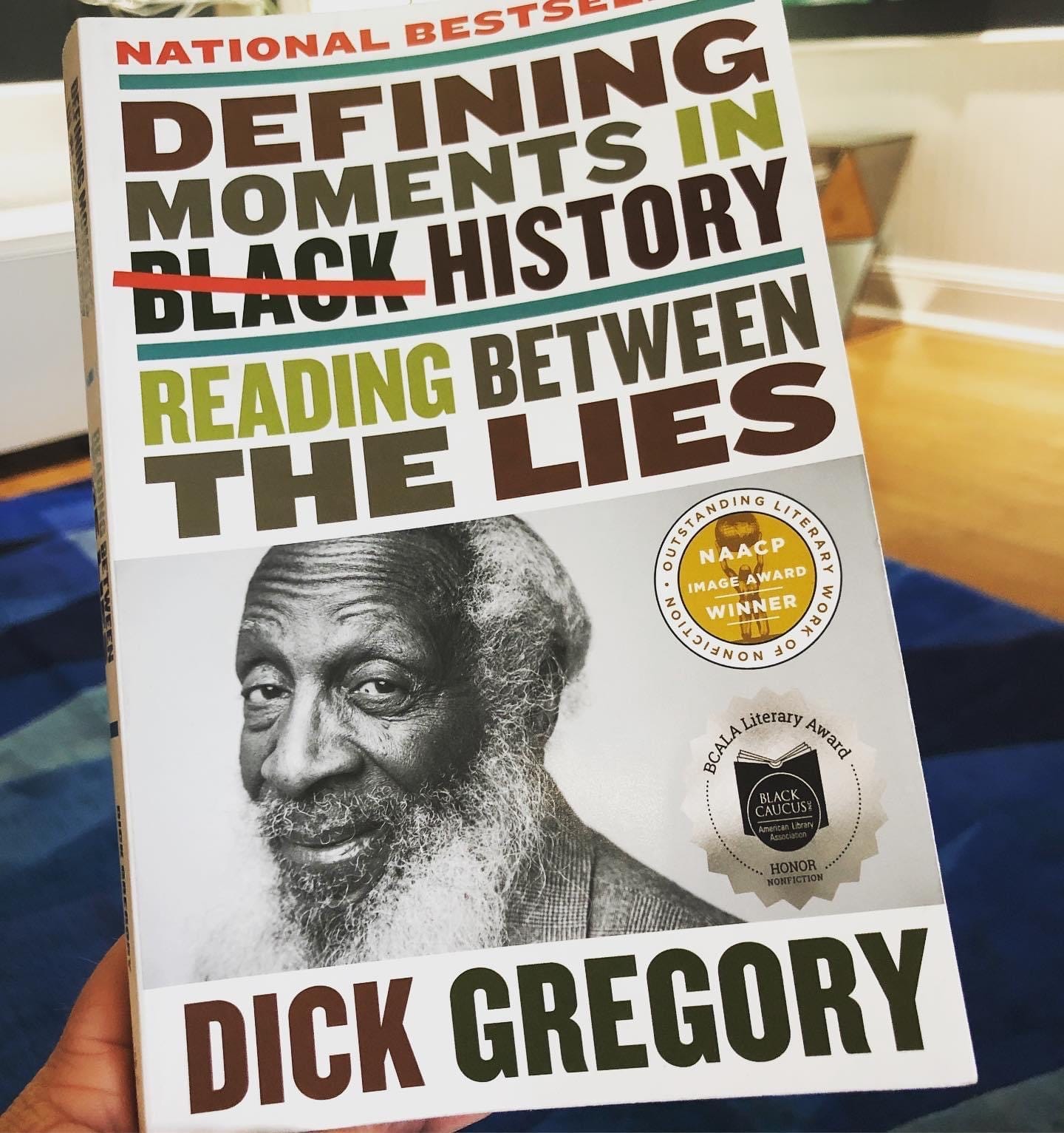Bookish Diversions: Books over Bombs
Ukrainian Publisher Operates from Bomb Shelter, Cover Design, Fizzled Kindles, History, More
¶ Books over bombs. The Ukrainian publisher Vivat continues operations amid the ongoing war. Employees beaver away from bomb shelters as rockets whiz overhead. Amazingly, Vivat has published sixty titles since Russia commenced aggressions. Given interruptions to printing, Vivat now distributes the majority of these titles digitally. However, they recently opened a new bookstore. “On the one hand, making books is a profession and a vocation for us,” said founder Julia Orlova. “On the other hand, the work keeps us from going crazy.” A wildly inspiring story.
¶ “Your true barbarian, even when he happens to be a pedantic one, always destroys a library.”—Arthur Quiller-Couch, Studies in Literature

¶ When books are part of your personal toolkit, you do what it takes to acquire them, especially—as the Vivat story shows—when times are tough. History offers many examples. Persecution disrupted the reading habits of Christian bishops back when, but the persistent found ways to secure reading material nonetheless. During the Arian controversy Athanasius, bishop of Alexandria, hid out with a young woman who cared for his needs and smuggled him books. “She was his most faithful keeper and assiduous servant,” the church historian, Sozomen, recounted; “for she washed his feet and brought him food . . . the books he stood in need of she cared for through the help of others. . .” (Ecclesiastical History 5.6). When the Arian Emperor Valens exiled Eusebius of Samosata, the elderly bishop snuck out of town with his pillow and a single book. That would never do. Planning ahead, he left directions with a servant about additional books to send him later on (See Theodoret’s Ecclesiastical History 4.13). Lesson? Let the world rage on; when you need a book, you need a book.
¶ The changing landscape of book collecting. “The world of the archive is actually considered pretty hip.”
¶ What if you have too many books? I know: Perish the thought! But purely for the sake of provocative speculation, what if? I personally cull my library from time to time using these criteria. But where should we send our departing tomes? Why not take the long view, and donate them for the sake of improved literacy? I endorse.
¶ Judge a book by its cover, please. Publishers are counting on it.
¶ Fizzled Kindles. Infinite reading, until they turn off your device. Users still reading on early Kindle models “will no longer be able to browse, buy, or borrow books directly from these Kindle e-readers.”
¶ The difference between journalists and historians? “In journalism, the priority is to attract an audience of non-specialists by touting some scoop-y, surprising finding.” On the other hand, “Display their mastery of the existing literature by printing extensive footnotes. And footnotes carry a subliminal message. ‘By giving so much credit to others, I am showing off how much I have read, so that I can state authoritatively how my incremental finding fits into the big picture.’” Here’s what happens when those two worldviews conflict.
¶ What about the benefits of reading history? In an interview with veteran political pundit George Will, Reason editor Nick Gillespie asked, “What is the great benefit of recalling the past in the present day?” Will answered, “It spares you from the delusion that things new are happening all the time, that things are unprecedented. . . . The fact is big things have happened before. Big things are going to happen again.”
¶ “Ignorance isn’t bliss; it’s time consuming and costly as hell.”—Dick Gregory, Defining Moments in Black History
Thanks for reading! I’m reviewing most of the books I read in 2022 and sharing other bookish diversions along the way. Get a free subscription and discover more remarkable reading.
If you’re already a subscriber, don’t keep it to yourself. Share it with someone who isn’t. Thanks!




